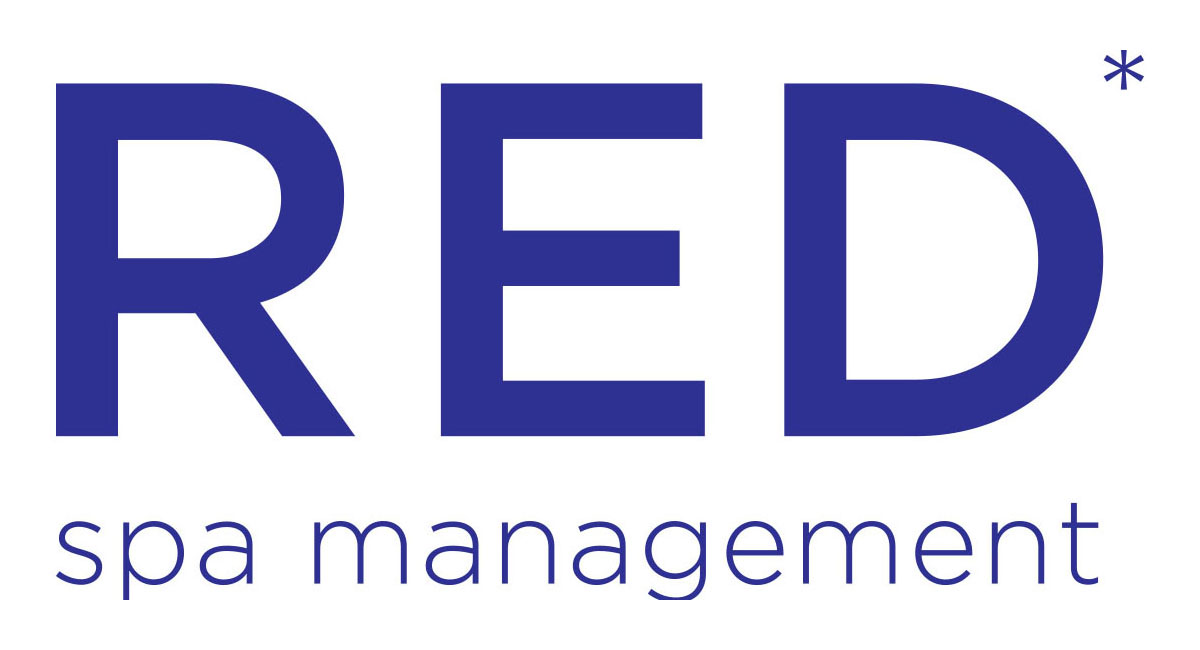
- Accessibility - Refusing to adapt your office (or making some reasonable accommodation) for those with physical challenges.
- Bigotry - Refusing to work on someone due to race, religion, size or sexual orientation.
- Dual Relationships - Dating a client.
- Confidentiality - Name-dropping famous clients; telling a spouse details about his partner’s session.
- Contraindications - Treating a client when you are sick/infectious; ignoring signs of conditions that preclude physical contact.
- Exploiting the Power Differential - Asking a stock broker for financial tips during a treatment.
- Financial Impropriety - Charging a cash-paying client a different fee than an insurance-paying client.
- Inappropriate Advertising - Using a provocative picture in advertising; presenting misleading qualifications
- Informed Consent - Working on a minor without parental knowledge; treating someone’s injury without permission.
- Misleading Claims of Curative Abilities - Telling a client you guarantee her pain will be gone in two sessions.
- Misrepresentation of Educational Status - Calling yourself a craniosacral therapist after taking a three-hour workshop.
- Practicing Beyond Scope of Practice - Doing spinal adjustments, massage or counseling without appropriate training.
- Sexual Misconduct - Watching a client undress or hugging a client in a sexual way.
- Violation of Laws - Practicing out of your home when it is not permitted by law.









